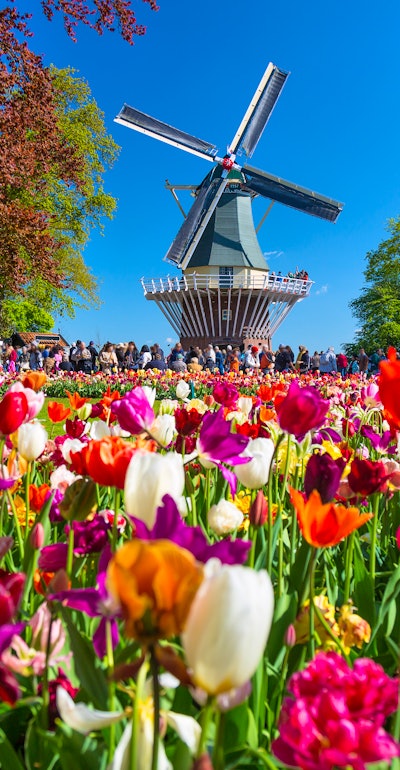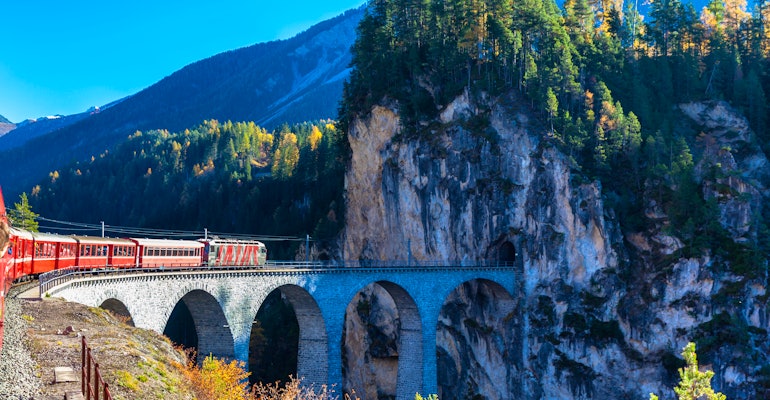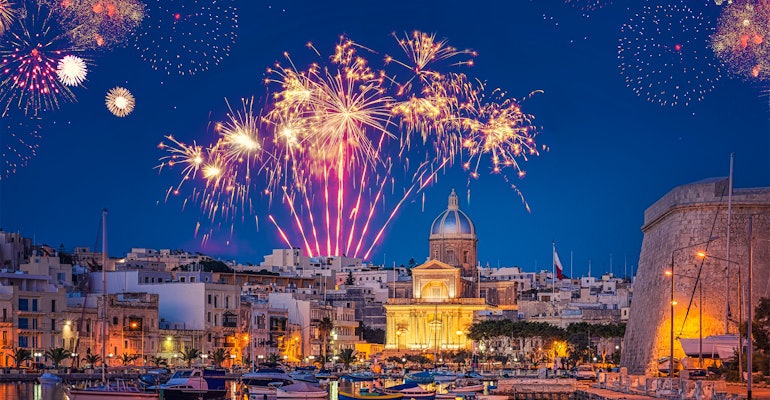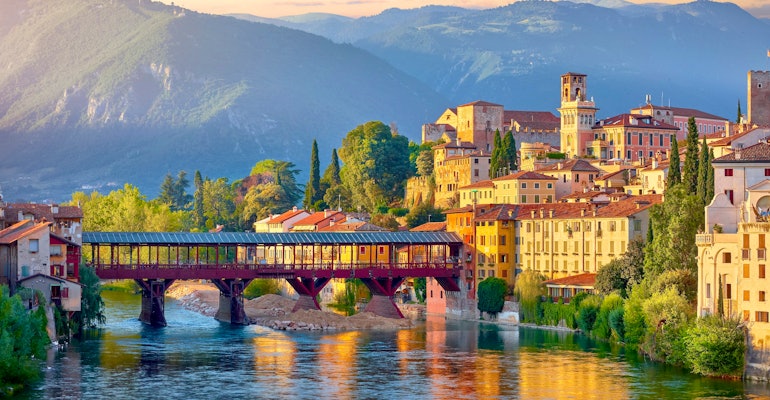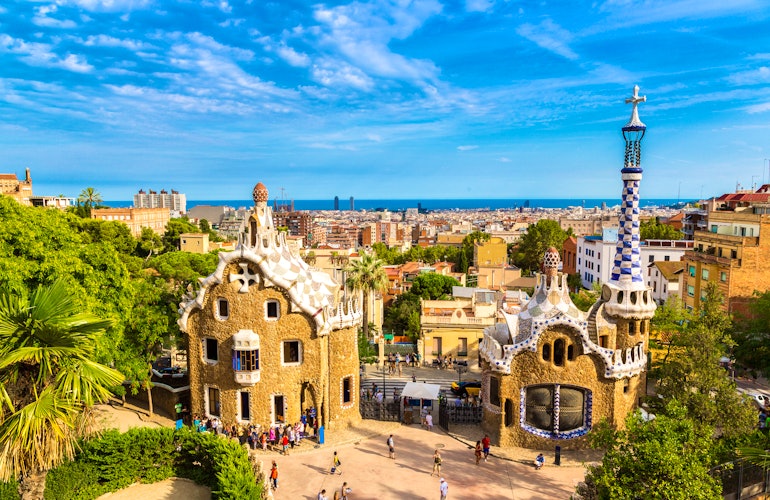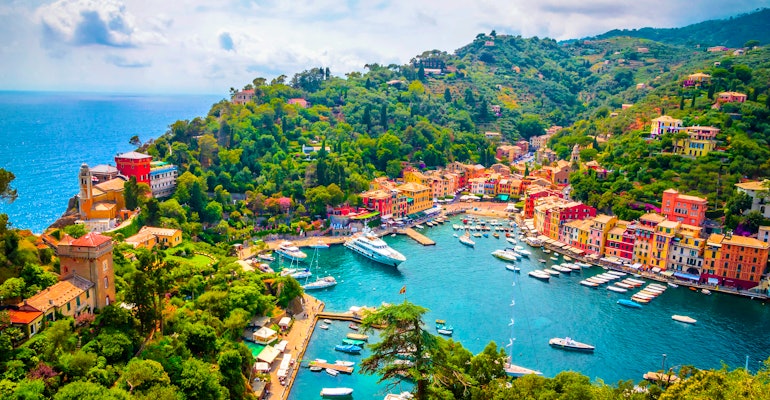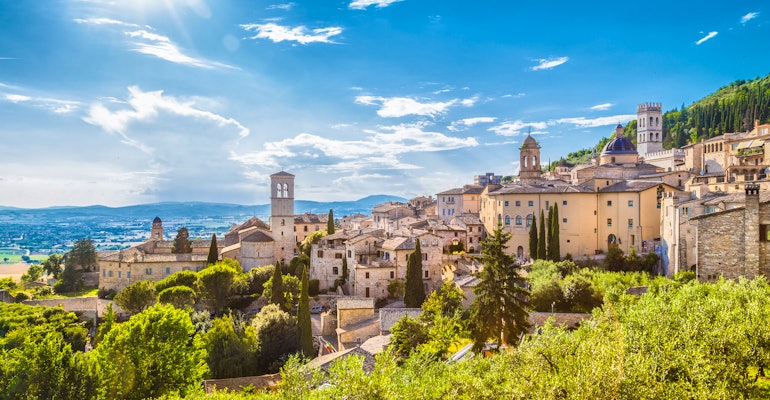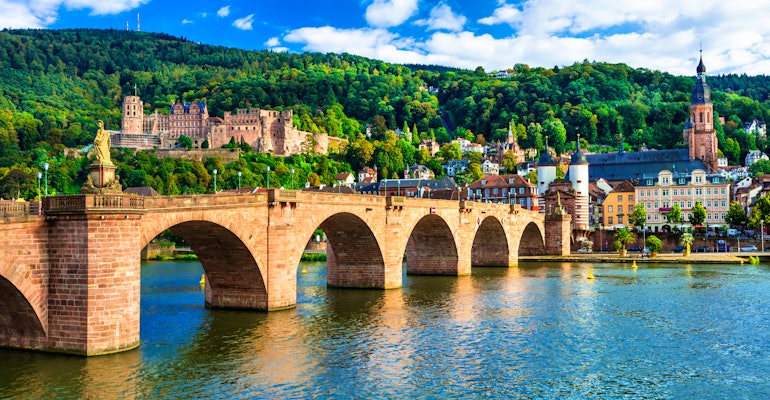Why book with Arena Travel?
50 Years of
Experience
Our heritage dates back nearly fifty years
Specialist
Holidays
Our specialist holidays are led by expert guest Lecturers
You have More
Choice
with our ever-growing portfolio of specially-crafted holiday experiences, designed with your passions in mind
ABTA and ATOL
bonded
Giving you complete financial peace of mind.
Full Financial
Protection
Your money is protected with ATOL Read More
Our Price
Promise
Your holiday will not be sold for less.
Book with
Confidence
Putting your mind at ease when booking your next tour. Read More
A little inspiration for your holiday...
With 1000s of incredible tours to choose from in over 35 destinations, your perfect holiday is waiting in our collection. Book now and look forward to rediscovering the world!
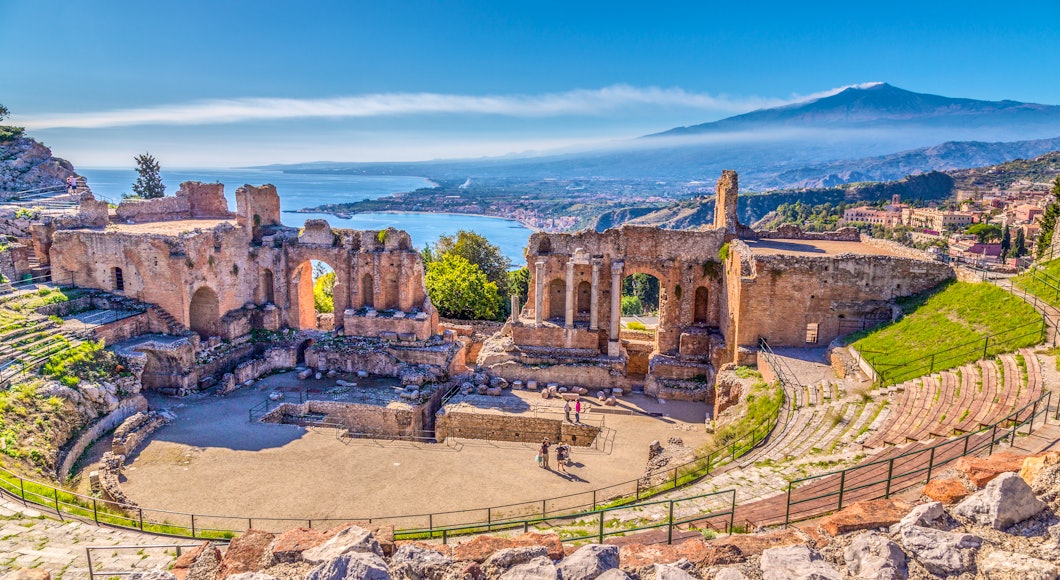
Why choose
Arena Travel?
Here at Arena Travel, we pride ourselves on taking you on the most magical and unforgettable getaways.
Our heritage dates back over 45 years
You, our customers, are at the heart of everything we do
We never compromise on value or quality, ensuring only the best unique experiences
We use only the most knowledgeable and experienced Tour Managers and Guides
A professional service is guaranteed, wherever in the world you travel with us
You have more choice with our ever-growing portfolio of specially-crafted holiday experiences, designed with your passions in mind
Read More
